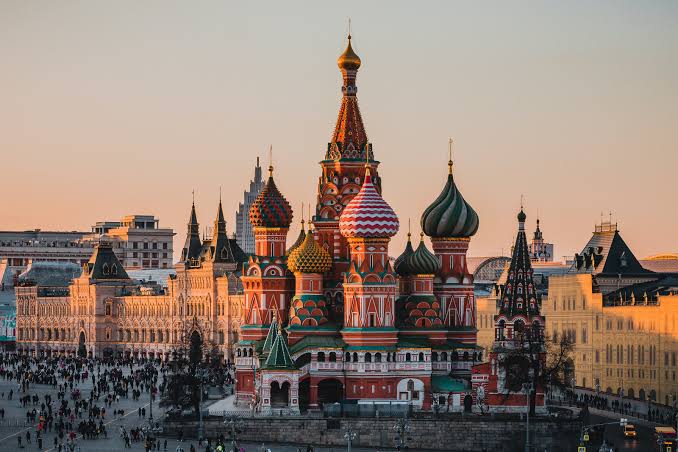Is Russia Turning Its Back on the Globalist Dream of a New World Order?
In the geopolitical theatre, Russia has been a figure of intrigue and complexity. Recent events have prompted speculation about its stance towards globalist ambitions and the so-called "New World Order" (NWO). But is Russia truly distancing itself from this globalist dream, or is it simply carving a unique

In the geopolitical theatre, Russia has been a figure of intrigue and complexity. Recent events have prompted speculation about its stance towards globalist ambitions and the so-called "New World Order" (NWO). But is Russia truly distancing itself from this globalist dream, or is it simply carving a unique path within the broader tapestry?
Understanding the New World Order
The NWO is a term that’s been used in various contexts, but in the contemporary sense, it refers to a globally unified system of governance or influence – often attributed to Western or globalist ideals. Some argue that this order is characterized by the spread of democracy, international cooperation, and global capitalism. Detractors, however, see it as a vehicle for Western imperialism and economic dominance.
Russia's Historical Context
Historically, Russia, under its various forms – from the Tsardom to the Soviet Union to the Russian Federation – has had a complex relationship with Western powers. During the Cold War, it stood in direct opposition to Western ideologies. Post-Cold War, there was an initial optimism about Russia's integration into the global system. However, events such as the expansion of NATO, differences in the Balkans, and the Ukrainian crisis highlighted deep-seated mistrust and differing worldviews.
Economic and Political Realities
While Russia has global economic interests, especially in energy markets, it has faced sanctions from Western powers due to various geopolitical tensions. This has, in some ways, compelled Russia to seek alternative alliances, notably with nations like China, Brazil, India, and South Africa (the BRICS nations). Such alliances can be seen as both pragmatic and a means of counterbalancing the influence of Western-dominated institutions.
Ideological Differences
Russia's leadership, under President Vladimir Putin, has often presented itself as a bulwark against Western liberalism. Emphasizing traditional values, national sovereignty, and a multipolar world, it positions itself as an alternative to the globalist vision of the NWO. This doesn't necessarily mean a complete rejection of global cooperation but rather a call for a system that respects diverse worldviews and power structures.
Conclusion
Is Russia turning its back on the globalist dream of a New World Order? The answer is nuanced. While Russia may be opposing certain Western-led globalist initiatives and structures, it isn't isolating itself from global affairs. Instead, it's advocating for a more multipolar world order where its interests and perspectives are respected and acknowledged.
Russia's actions and policies should be viewed as part of a broader realignment in global affairs, where emerging powers are seeking a more significant say in shaping the future world order.




